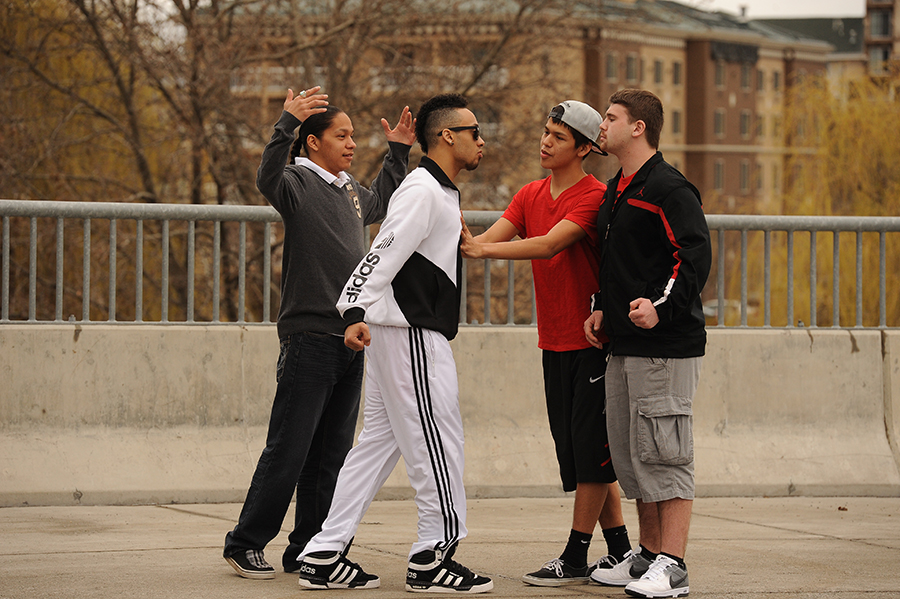Violence is any behavior that hurts someone or makes a person feel afraid. There are different types of violence, including:
Physical. Forms of physical violence include pushing, shaking, slapping, forcing you to do sexual things against your will, throwing things at you, damaging your property, hurting or threatening you with a weapon, or hurting or killing your pets. If someone is being physically violent to you, seek safety as soon as possible.
Emotional. Some forms of emotional violence include making threats, speaking in a way that is frightening, putting you down, blackmail, teasing or harassing you online, and texting insults.
Economic. If someone is controlling your money, keeping you financially dependent, or making you ask for money unreasonably, then he or she is inflicting economic violence.
Social. If someone is insulting or teasing you in front of others, keeping you isolated from your family and friends, or controlling what you do and where you go, that person is being violent.
Spiritual. Spiritual violence prevents you from having your own opinions about religion, cultural beliefs and values.
Working through what happened. After an attack, you might feel a variety of emotions, ranging from fear and panic, to anger and sadness. If you’ve been hurt or are in danger, it’s important to contact the police. When you feel ready, tell someone you trust about what happened.
Getting help. The most important thing to do during or after a violent encounter is to make sure you are safe. If your situation is an emergency, call 911 for immediate police assistance. Making decisions about your long-term needs and safety is important. A counselor, psychiatrist, psychologist or social worker might be able to help you make decisions about how to stay safe and how to cope with the emotional upset that is often part of a person’s reaction to violence. Seeking counseling or therapy.
For more information. For real-time one-on-one support from trained Peer Advocates, contact the National Teen Dating Abuse Helpline for a live, online chat or by telephone at 1-866-331-9474. You may also receive support from the Rape, Abuse, Incest National Network (RAINN) at 1-800-656-4673 or online. RAINN is a free confidential and secure crisis hotline 24/7 for victims of sexual assault or violence as well as their friends and families.
Acknowledgement: This fact sheet was originally developed by youth and staff at ReachOut.com, a website that helps teens get through tough times.


